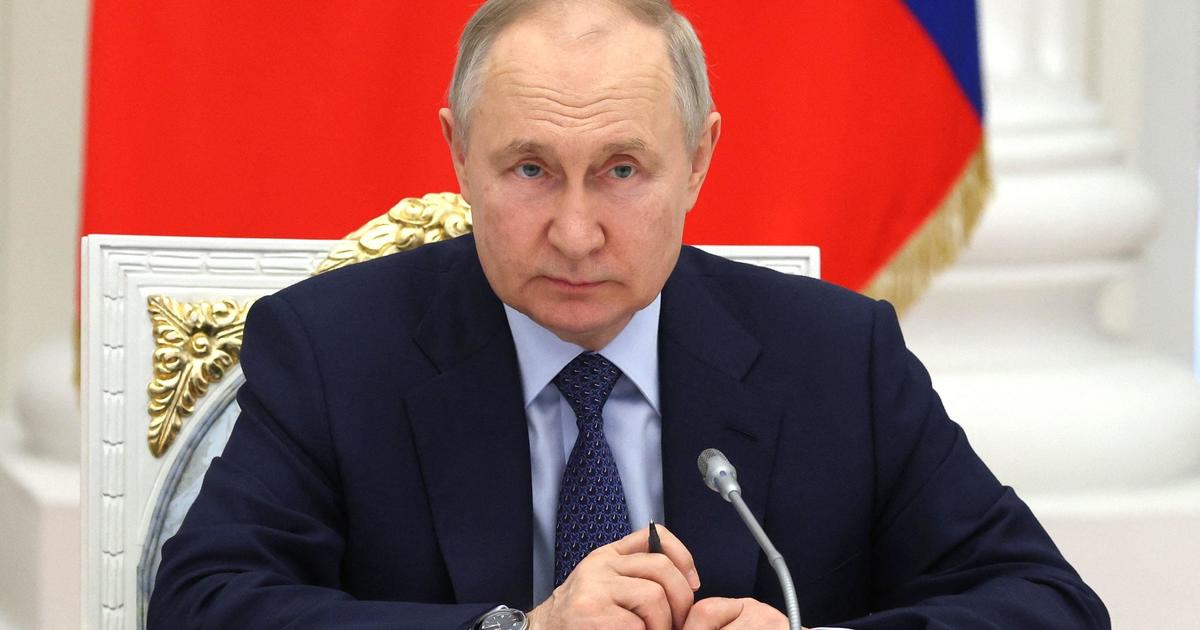Johannesburg — The South African government has said it will extend its Diplomatic Immunity and Privileges Act to all international officials who plan to attend an August summit in the country. The controversial move was clearly an attempt to pave the way for Russian President Vladimir Putin to travel to South Africa despite the International Criminal Court (ICC) issuing a warrant for his arrest in March over alleged war crimes in Ukraine.
As a signatory to the ICC, South Africa may be obliged to arrest Putin if he sets foot in the country, but its government appears to be looking for a way around that obligation.
Senior government officials tell CBS News that Putin’s possible attendance at the summit of the BRICS block of developing nations — Brazil, Russia, India, China and South Africa — has been a topic of discussion at the “highest levels” in South Africa since the arrest warrant was issued.
In April, South African President Cyril Ramaphosa appointed an inter-ministerial committee headed by his Deputy President Paul Mashatile to look into the matter. CBS News understands the government is looking into the wording of the Rome Statute, the charter that established the ICC, for a possible loophole that would enable Putin to attend without South Africa having to arrest him.
Article 98 of the ICC Rome Statute states: “The Court may not proceed with a request for surrender or assistance which would require the requested State to act inconsistently with its obligations under international law with respect to the State or diplomatic immunity of a person… of a third State, unless the Court can first obtain the cooperation of that third State for the waiver of the immunity.”
That wording suggests Putin could only be arrested in South Africa if Russia agreed to waive Putin’s immunity from prosecution, granted by the move taken on Tuesday, which it obviously wouldn’t do.
Speaking Tuesday, Kremlin spokesman Dmitry Peskov said “Russia attaches enormous importance to the development of this (BRICS) format of integration. And Russia will take part in this summit at the proper level.” Russian officials had previously said that Putin had been invited to attend the summit.
“Of course, we count as a bare minimum on partner countries in such an important format not being guided by such illegal decisions,” Peskov responded when pressed on the possibility of Putin being arrested at the summit. Russia, which like this U.S. is not a signatory to the ICC, has always dismissed the international court’s indictment of Putin as a baseless and illegal move.
MIKHAIL KLIMENTYEV/SPUTNIK/AFP/Getty
This is the second time the South African government has tried to use Article 98 of the Rome Statue. The first time was in June 2015, when the ICC asked the government to arrest then-Sudanese President Omar al-Bashir, who had travelled to Johannesburg to attend an African Union summit. His arrival in the country set off frantic diplomatic discussions while a South African high court heard arguments over an application that would have forced officials to arrest him. His sudden, premature departure allowed him to leave the country unimpeded — just before the high court ruled that he should be detained.
Ramaphosa had in April caused some confusion when it emerged, he had said that the ruling African National Congress Party to which he is President would push for the government to withdraw from the International Criminal Court. Officials around Ramaphosa quickly walked those comments back.
South Africa’s relationship with the United States has been strained since the country assumed a “non-aligned stance” on the Russian invasion of Ukraine.
The relationship deteriorated further earlier this month when U.S. Ambassador to South Africa Reuben Brigety, speaking to local media, accused South Africa of secretly loading arms onto a sanctioned Russian ship in the Simon’s Town harbor in December 2022, before the ship returned to Russia with its contents.
Brigety said it was “fundamentally unacceptable.”
His comments came after tension flared in February when South Africa hosted joint naval war games off its coast with Russian and Chinese warships.
Waldo Swiegers/Bloomberg/Getty
South Africa and Russia have a strong relationship forged during the years of the apartheid regime. Moscow supported the now-ruling African National Congress when it was still a liberation party fighting to end the racist regime.
Russian Foreign Minister Sergei Lavrov, who’s currently in Kenya, has confirmed he will attend the BRICS Foreign Ministers meeting at the end of this week in Cape Town.
For all the latest Entertainment News Click Here
For the latest news and updates, follow us on Google News.

